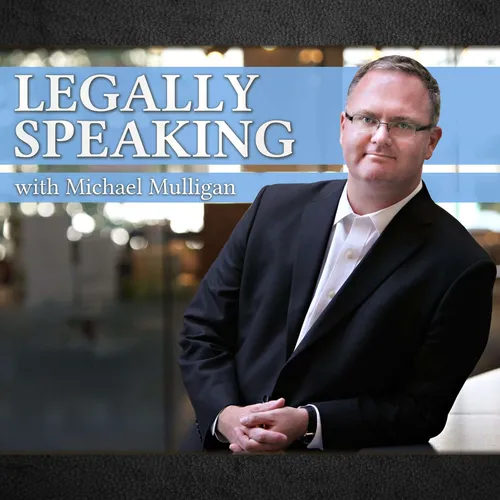Uber arbitration clause unconscionable, a class action over a price fixing conspiracy, and a costs award for a protracted taxation
- Author
- Michael Mulligan
- Published
- Fri 03 Jul 2020
- Episode Link
- None
This week on Legally Speaking with Michael Mulligan:
The Supreme Court of Canada has declared an arbitration clause, used by Uber, to be unconscionable, and therefore invalid.
The clause, included in a 14-page agreement that prospective Uber drivers were required to click “I accept” on, twice, purported to require any disputes with Uber to be dealt with by arbitration, in the Netherlands, rather than going to court.
While not specified in the 14-page agreement, it turned out that in order to start the arbitration process, there was a $14,500 USD fee. A driver making a claim would also need to travel to the Netherlands.
If it had been found to be enforceable, the other effect of the arbitration clause would have been to prevent the case from being certified as a class action. Every claim would have to proceed separately and would be subject to the $14,500 fee.
As a result of the Supreme Court of Canada decision, the case, which involves a dispute as to whether Uber drivers are employees or independent contractors, can proceed.
Also discussed is a class action case from British Columbia involving a claim that a group of companies that transport vehicles on ships conspired to fix higher prices for this service. The alleged impact was to raise the price of cars sold in British Columbia.
The British Columbia Court of Appeal held that two of the companies involved could still be sued, even though they didn’t deliver cars to British Columbia. The companies didn’t deny that they were involved in a price-fixing conspiracy. The British Columbia Court of Appeal held that the two companies could still be liable on the basis that their participation in the price-fixing conspiracy artificially raised the price charged by other companies that did deliver cars to British Columbia.
Finally, a case involving a principal, and several companies associated with Bear Mountain development is discussed. The case involved the taxation of a law firm’s account. A taxation, in this context, is supposed to be an expeditious way to determine if a lawyer’s bill is correct and reasonable.
Unfortunately, the former clients made no effort to narrow the focus of the review and demanded a full refund of all fees paid for a complex case that went on for an extended period of time. This resulted in a protracted, 11-day hearing and, ultimately, an award of costs against the client in the amount of $36,465.
Costs, in the civil litigation context, are intended to encourage parties to make reasonable concessions, narrow issues, and resolve disputes. Unfortunately, they don’t always have the desired effect.
Follow this link for a transcript of the show and links to the cases discussed.
